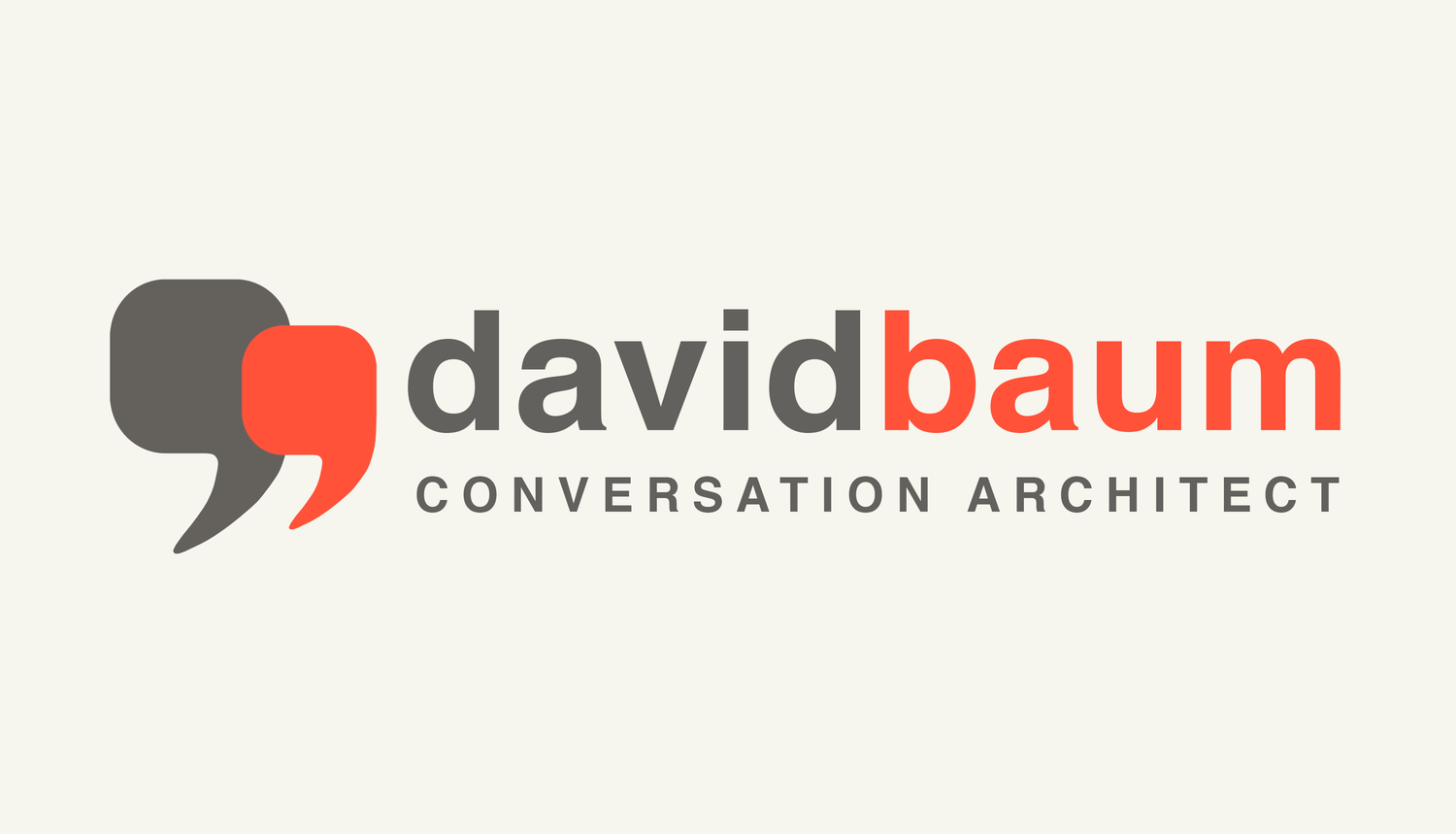The Price of Inaction
Mary was a partner at the actuarial consulting firm, Arthur Anderson where she was a rising star. To meet Mary is to love her—fiery, funny, with an easy laugh and very smart. Mary was in charge of a team asked to bid on an account for the micro-brewer, Sam Adams. Given a variety of factors, Mary and her team were long shots at best.
She decided she had nothing to lose, and so came up with a creative approach. First she got the Anderson proposal to exactly 24 pages. The proposal was then separated into single pages and each page was rolled and placed into a clean and empty Sam Adams bottle. The bottles were then placed into a Sam Adams case. At the pitch meeting, every member of the Sam Adams team got a case, each with a copy of the proposal, one page per bottle. They were highly impressed knowing Mary really understood their unique and different culture. The presentation was a huge hit. She got the project, and Arthur Anderson got a new client.
However, when she returned with the good news, a senior partner dismissively sniffed, "That's not the Anderson way."
Mary told me she knew in that moment, she was in the wrong place. She then did what very few partners at Anderson have ever done. She chose her soul over security. She resigned.
Many times we think through the consequences of an action, but rarely do we consider the consequences of inaction—of not doing. If we are really listening, however, the message of stagnation can often be shaken loose it in one singular, flashing moment.
Consider where you have placed yourself—relationships, work, and friends—all of it. Now ask yourself, "Is the price I am paying from inaction larger than the risk of taking action?" Are you brave enough to act on a truth that probably already exists.
Today, by the way, Mary is a very successful company president. "Did I make the right decision?" she rhetorically asked me one afternoon. "Looking back on it. Damn straight!"

